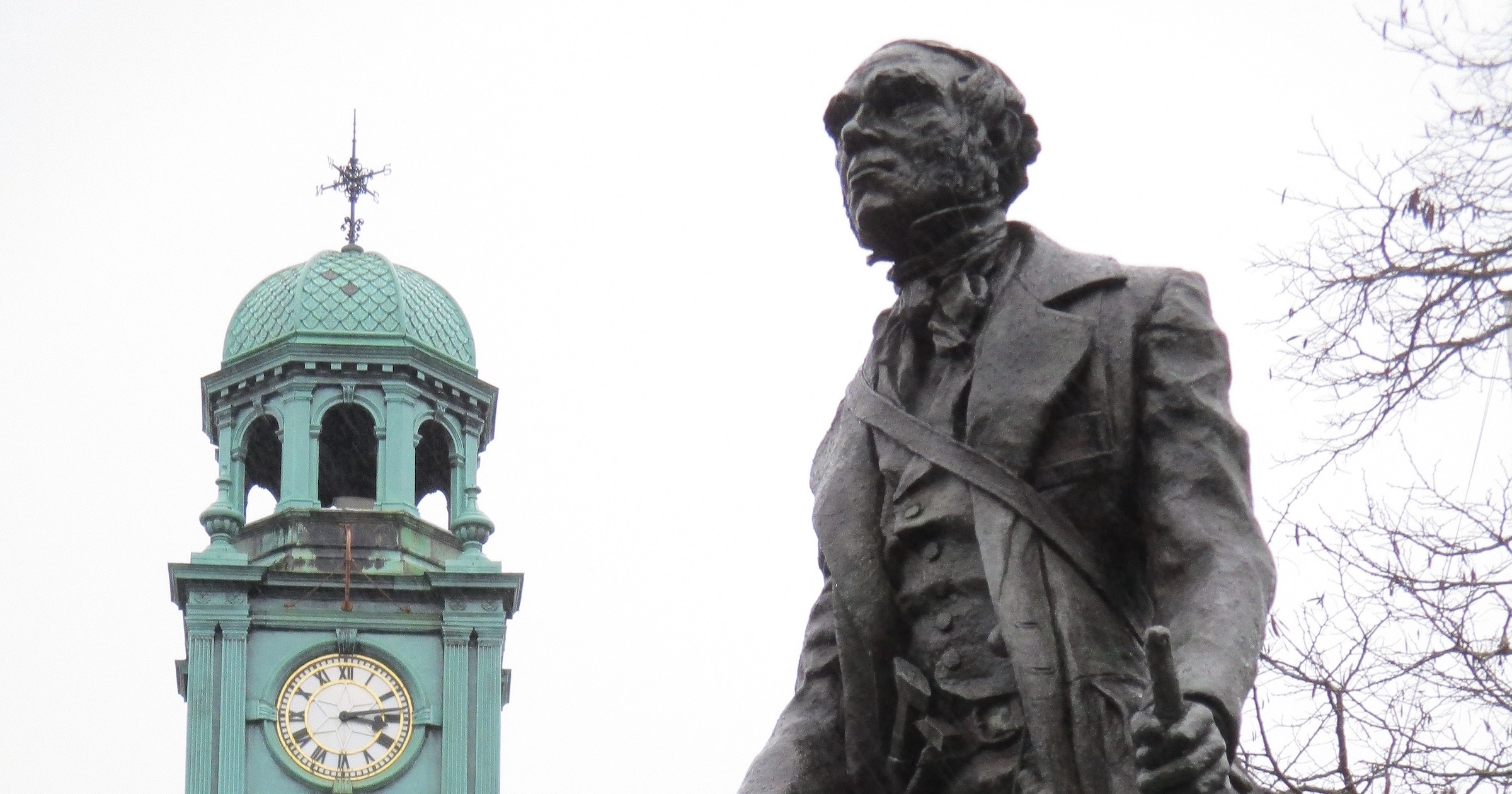 Culture & Ethics
Culture & Ethics
 Evolution
Evolution
Darwinism and Critical Theory — The Connection

At Mind Matters, neuroscientist Michael Egnor offers a brilliant summary of Critical Theory, its historical origins, and current application. You should read it all, but don’t miss his explanation of how the phenomenon connects to Darwinism:
2020 was the year that Critical Theory came to dominate culture in America. It ruled academia for a half century but only in the past year has it begun to rule the American public square as well. Perhaps you’re not interested in Critical Theory but Critical Theory is interested in you. It behooves us to understand it better, because it will be a central theme in American culture for the foreseeable future…. There is a connection to Darwinism at the heart of [it]…
The cultural hallmarks of Critical Theory — political correctness, vigilance over microaggressions, Cancel Culture, and the like — are weapons in this war to rearrange the structures of power.
Intersectionality is essential to the coordination of struggle because it brings together victim groups to apply maximal pressure at culture’s weakest points.
What difference has Darwin made?
Strange as it may seem, evolutionary theorist Charles Darwin plays a central role in this drama. Karl Marx himself credited Darwin with much of his basic insight into human history. Marx wrote to fellow communist theorist Friedrich Engels that Darwin’s theory provided “the basis in natural history for our view”.
Marxism is economics red in tooth and claw, so to speak. Cultural Theory is culture red in tooth and claw — Darwinian “natural” selection applied to cultural change. Put another way, Darwinism is the naturalization of Marxism and Cultural Theory. As Social Darwinism is to capitalism, cultural Darwinism is to Critical Theory.
What difference did Milton make?
You may be thinking “I’ve heard this before”. If you’ve read Paradise Lost, you have. Milton’s epic recounts the angel Lucifer’s fall and his struggle to gain power over heaven and earth — to restructure reality and move himself up the ladder of power. It is the ultimate culture war. The analogy between Lucifer’s strife and the Marxist war for cultural supremacy was not lost on Saul Alinsky, who wrote this epigraph in his book Rules for Radicals:
“Lest we forget at least an over-the-shoulder acknowledgment to the very first radical: from all our legends, mythology, and history (and who is to know where mythology leaves off and history begins — or which is which), the first radical known to man who rebelled against the establishment and did it so effectively that he at least won his own kingdom — Lucifer.”
Doing the math
There are of course many ways to analyze cultural dynamics. A Christian analysis, for example, might entail a calculus of mutual love and sacrifice, the fruits of grace and redemption. Critical Theory, however, is a calculus of power. The Marxist analysis, focused as it is on structures of power, undoubtedly has a satanic flavor, whether one understands ‘satanic’ in the literal sense (as I do) or as a metaphor for a Darwinian analysis of culture red in tooth and claw. Critical Theory provides a jobs program for leftist academics — there are innumerable PhD theses be written on “the hegemony of transphobic intertextuality of microaggressions,” and it is a prescription for perpetual civil war.
If we are to avoid civil war, we need to understand Critical Theory and the subtle Darwinian ideology — the satanic ideology of struggle for power — that motivates it.
Read the rest at Mind Matters, published by Discovery Institute’s Walter Bradley Center for Natural and Artificial Intelligence.
